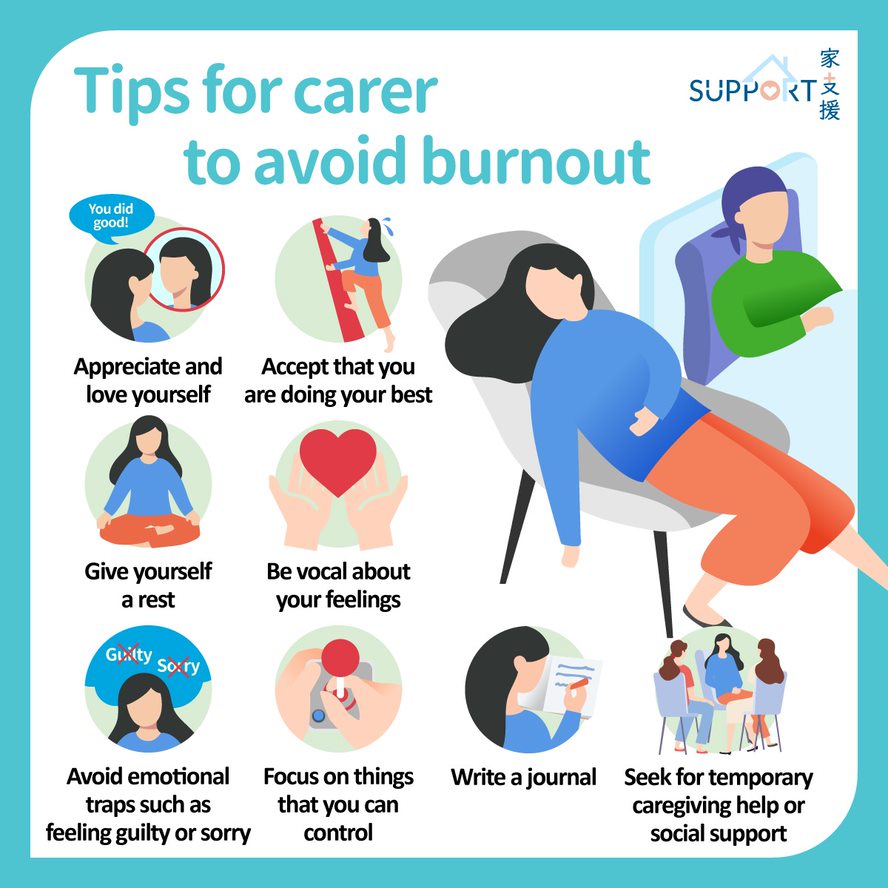
Being a carergiver is not an easy job. Below are some qualities that can guide caregivers through challenges and help them find professional and personal fulfilment.
1. Being present
- Caregivers are often occupied with various household chores, but sometimes being present and accompanying the person you are caring for is also important. Creating a timetable could be useful in striking a good balance between the various tasks and maintaining a meaningful relationship with the person you are caring for.
2. The ability to adapt and being flexible
- Being a caregiver involves many unexpected hurdles, sometimes unpleasant. Either way it is important to adapt and be flexible according to the situation. Try to keep calm and be positive.
3. Care for details
- Being attentive to details, such as marking them down on the calendar, helps keep track of important events, including a doctor’s appointment or medical examination.
4. Take initiative and be proactive
- Observation plays a huge role in caregiving, taking the initiative to address the health and wellbeing concerns of the person you are caring for can help prevent minor issues from developing into larger problems.
5. Patience
- Patience is a crucial part of caregiving. It can be frustrating when things do not go according to plan. It is therefore important to be mindful and accept that these situations come with the job, and you may have no control over them.
6. The ability to be empathetic
- Being compassionate and showing empathy to a sick or elderly person who is partially or totally incapacitated is a useful tool in problem-solving and establishing trustful relationships. You will better understand the problem from their viewpoint and it will be easier to find effective solutions to those problems.





